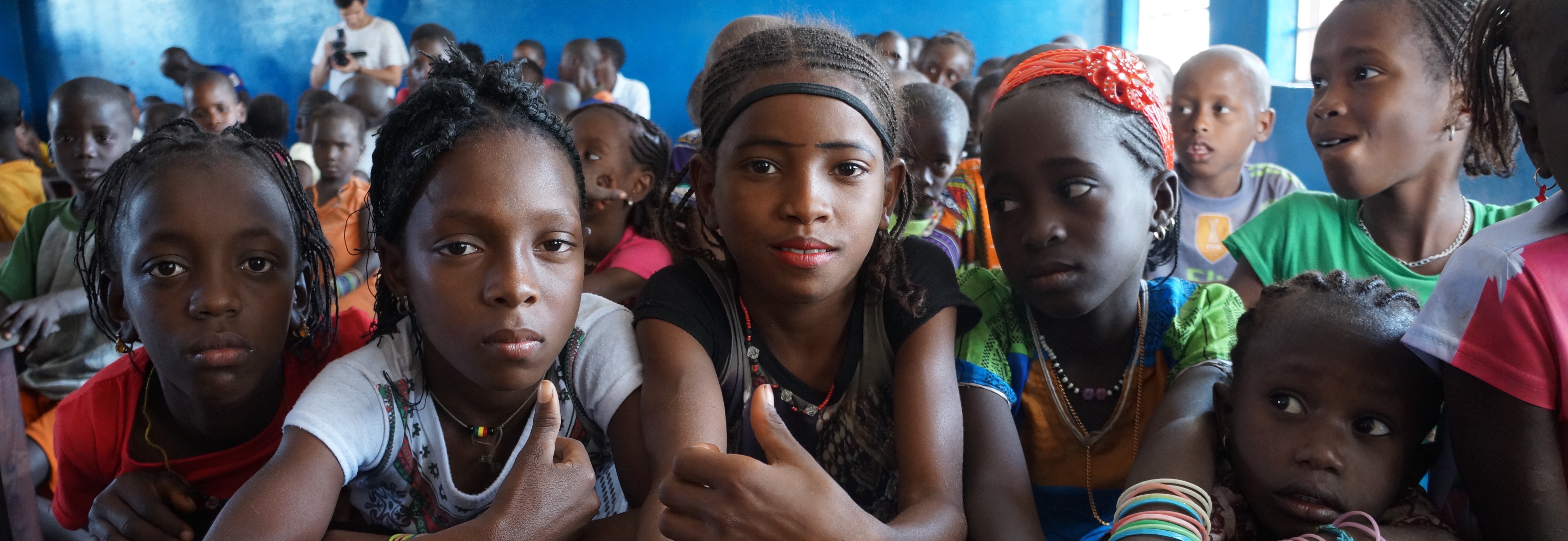A ONG Hope For Fulanis é uma associação para o desenvolvimento sustentável, que tem por finalidade a ajuda humanitária nas mais diversas áreas, designadamente na saúde, educação, nutrição infantil, formação profissional e captação de água potável. A Hope for Fulanis propõe-se promover o desenvolvimento humano em todas as suas formas, procurando que as comunidades se tornem auto sustentáveis, através de formação profissional, nomeadamente na área da costura.
Trabalha para que a alfabetização seja um direito de qualidade para todas as crianças.
Incentiva o desenvolvimento de refeitórios escolares para a defesa da qualidade da nutrição infantil.
Promove a igualdade de género em crianças e jovens, por meio das artes, o desporto e a música.
Apoia e forma professores das comunidades, capacitando-os para um ensino acessível e de qualidade.
Oferece assistência de saúde básica cooperando com os centros de saúde mais próximos da região onde se desenvolve.
Fomenta e financia a captação de água potável nas aldeias, de forma a prevenir e a erradicar doenças relacionadas com o consumo de água contaminada.
Promove a mudança de pensamento com o objetivo de acabar com a prática da Mutilação Genital Feminina.
Oferece formação e oportunidade a voluntários para terem expressão no terreno, através das suas capacidades pessoais, profissionais e sociais.
A Hope For Fulanis é a oportunidade para fazer a diferença na vida de alguém.
English
Hope for Fulanis NGO is an association for sustainable development, whose purpose is humanitarian aid in the most diverse areas, in health, education, child nutrition, professional training and drinking water. Hope for Fulanis promotes human development in all its forms, seeking that communities become self-sustainable, through professional training, namely in the field of sewing.
We work to make literacy a quality right for all children.
We encourage the development of school cafeterias to defend the quality of child nutrition.
We promote gender equality in children and young people, through the arts, sport and music.
We support and trains teachers in the communities, training them for accessible and quality education.
We offer basic health care by cooperating with the nearest health centers in the region where it develops.
We encourage and finance the collection of drinking water in the villages, in order to prevent and eradicate diseases related to the consumption of contaminated water.
We work together with the community to change their perception and to end the practice of Female Genital Mutilation.
We offer training and opportunities for volunteers to have expression on the ground, through their personal, professional and social skills.
Hope For Fulanis is the opportunity to make a difference in someone else’s life.




